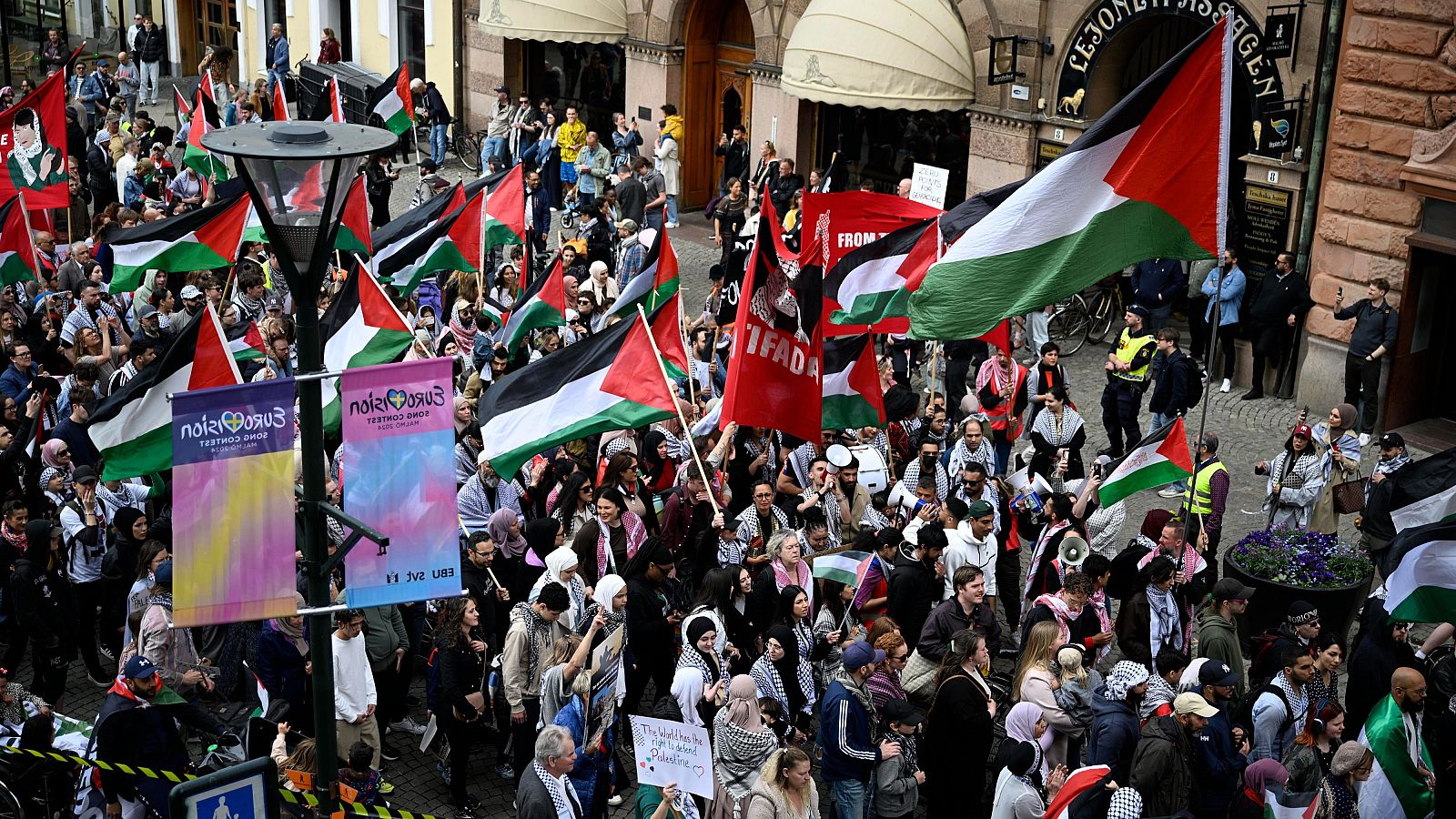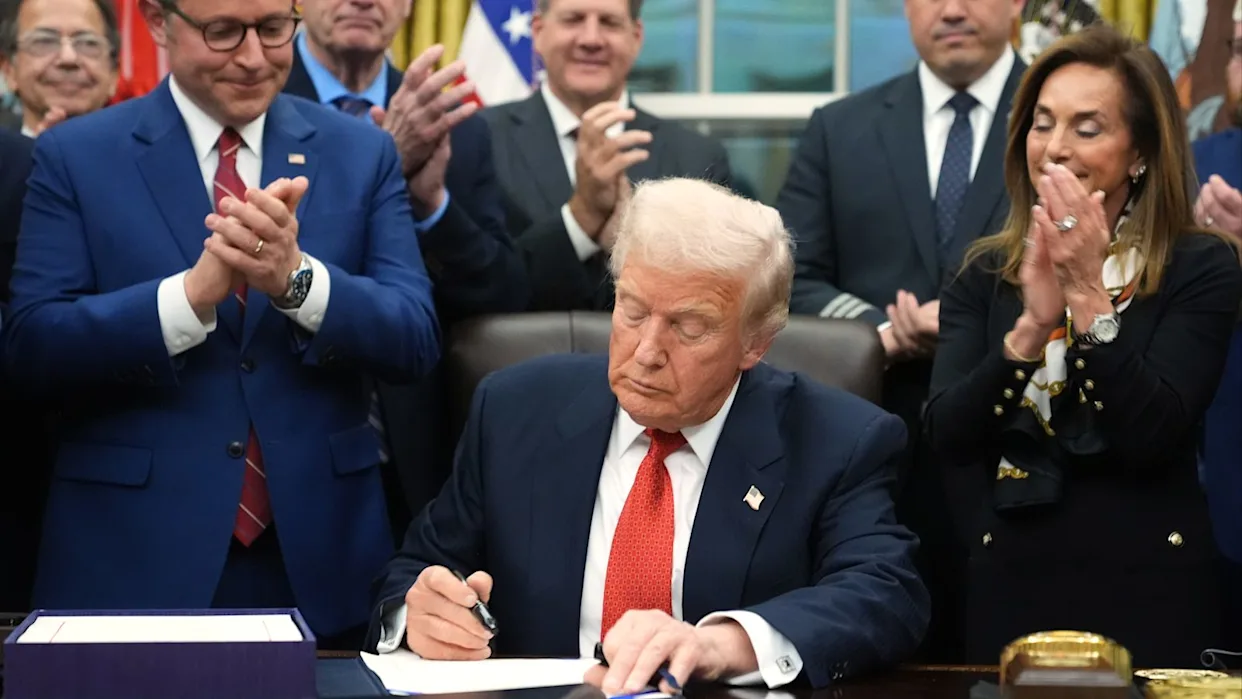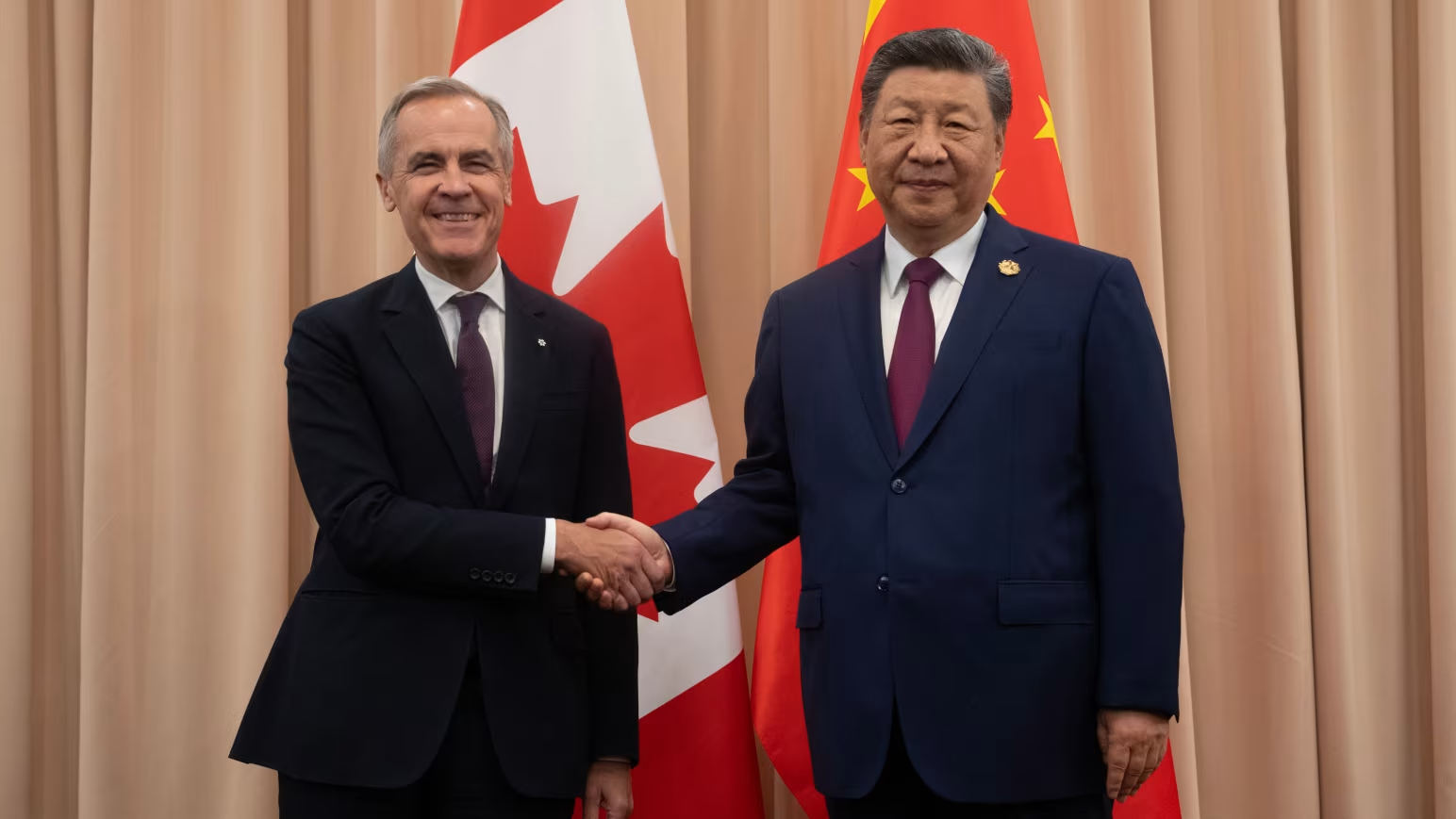“No Music for Genocide” calls on musicians to block access to their work in Israel
Since September, over 1000 artists, musicians, and record labels have joined an international campaign. They aim to prevent their music from being streamed in Israel. The initiative, known as No Music for Genocide, encourages artists and distributors to geo-block their content. This acts as a symbolic act of protest against ongoing military operations in Gaza.
Organizers state that the action aims to respond to calls for solidarity with Palestinians. Despite temporary ceasefire efforts, the movement remains active. It continues to gain support from artists across different genres. These artists view the boycott as a peaceful form of resistance through cultural means.
Divided reactions and debate over cultural impact
Supporters of the boycott argue that it highlights how financial and cultural systems can influence conflict zones. Critics, however, claim that such actions could also harm Israeli citizens who oppose the war.
Israeli authorities have described the campaign as discriminatory and counterproductive, maintaining that it undermines peace efforts. Meanwhile, many American musicians involved emphasize humanitarian motivations and call for accountability regarding the use of public funds in warfare.
Historical precedents and movement growth
No Music for Genocide draws inspiration from past cultural boycotts. This includes those against South Africa during apartheid when international musicians refused to perform there. Activists argue that such collective actions helped expose injustices and push for political change.
The movement also notes that major global record companies halted operations in Russia after the invasion of Ukraine. They call for similar responses in support of Palestinians.
Despite controversy and professional risks, participants insist their decision is rooted in humanitarian values. They believe that music remains a powerful platform for ethical and social reflection.






